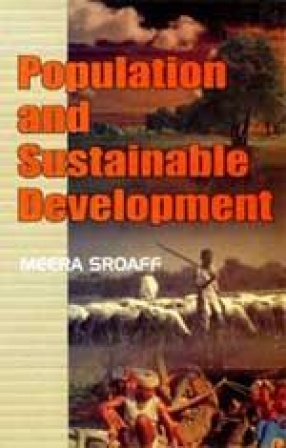As the end of the second millennium draws near, the world view guiding the formulation of economic policies and the role of the state in social and economic development has undergone a time of about a decade and a half. This shift is likely to have important implications for the national and international approaches to thinking about population and sustainable development policies, and particularly the instruments available to implement these policies and programmes. It is necessary, therefore, to examine the need and scope for a review and reconsideration of the entire underlying framework. The social welfare policies and programmes globally are extensive in approach. The programme become more steamlined and were integrative in nature. Aimed to reach to the poorer sections, they have tried to integrate different types of services to cater a variety of needs. It is this phenomenon in its varied dimensions which the editor of this book has tried to explore. She had provided an objective critique of the contradictions and consequences of the development and disparities. There are sustainable development and disparities. Tackling as it dos varies concerns which are of growing importance in most developing importance in most development countries, the collection in this book is of thought provoking critical reviews/papers/articles from India and abroad which would appeal to a wide range of readers. The book encompasses a wide range of content and approaches in its admit and as such it is expected to be of much interest to a vast spectrum of scholars.
Kashmir: History and People
$18.90
$21.00




There are no reviews yet.